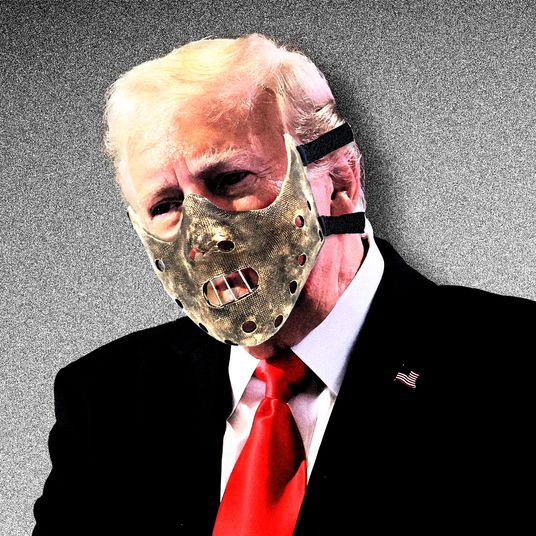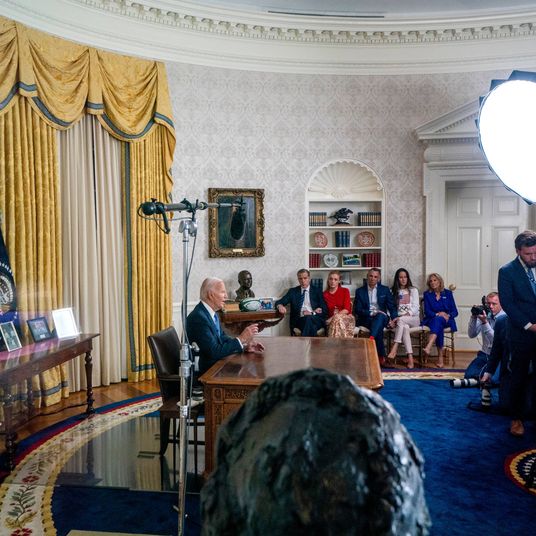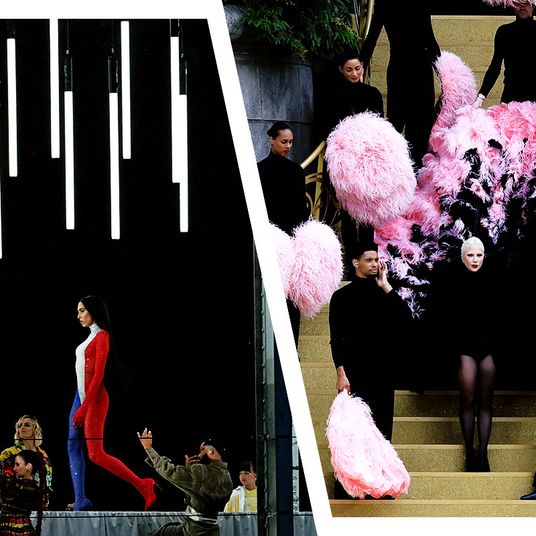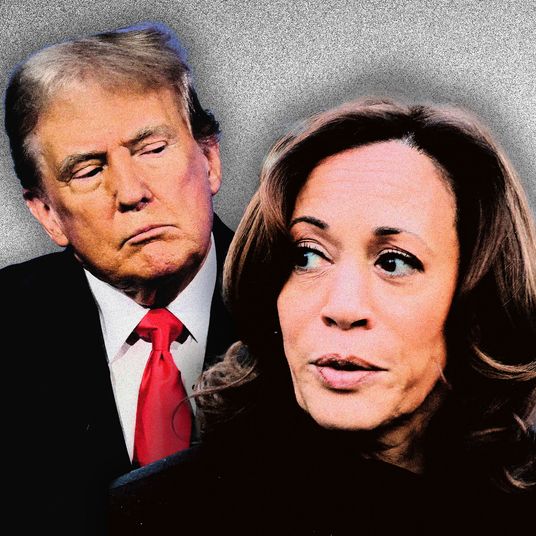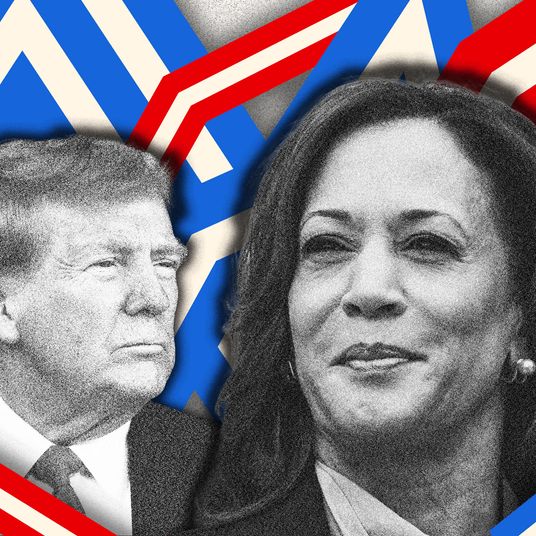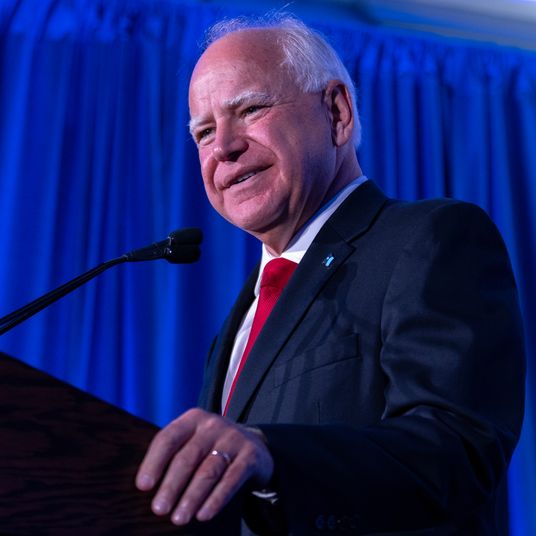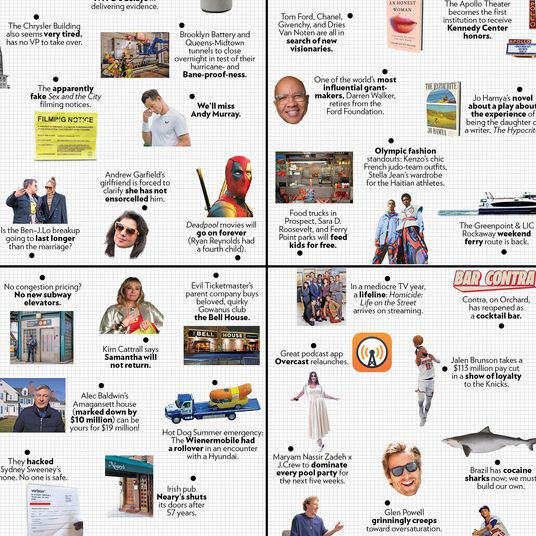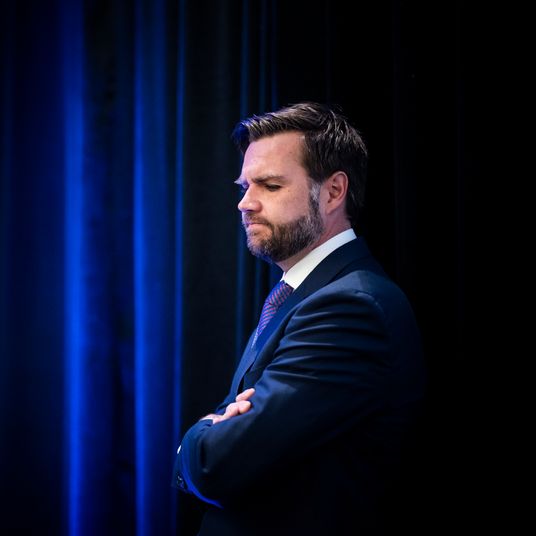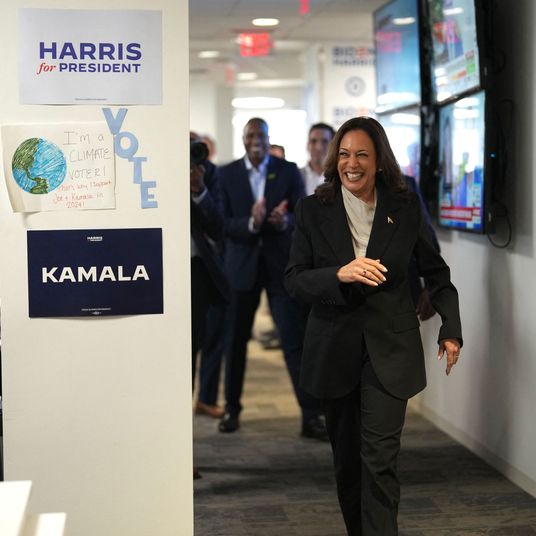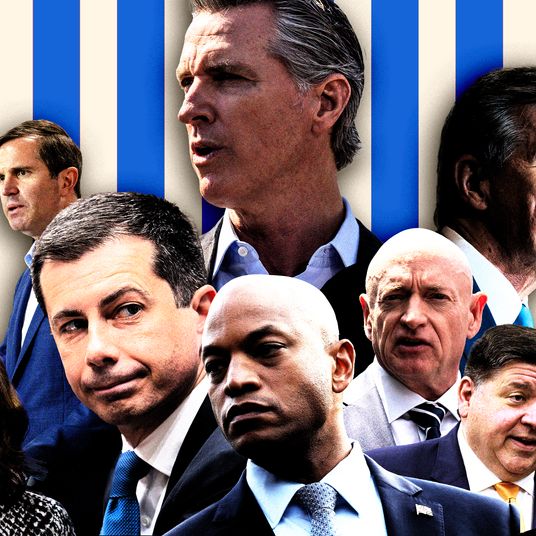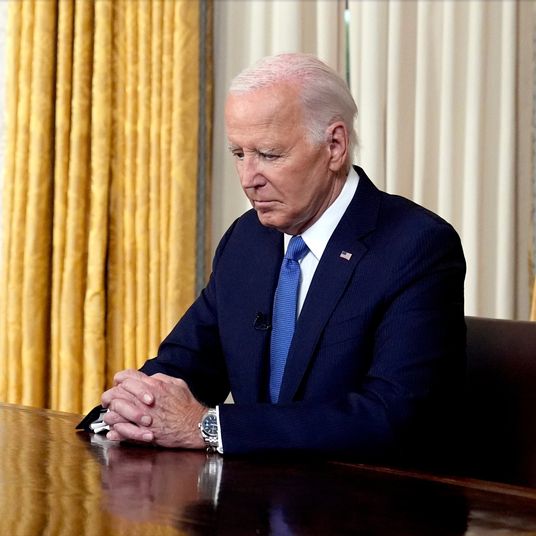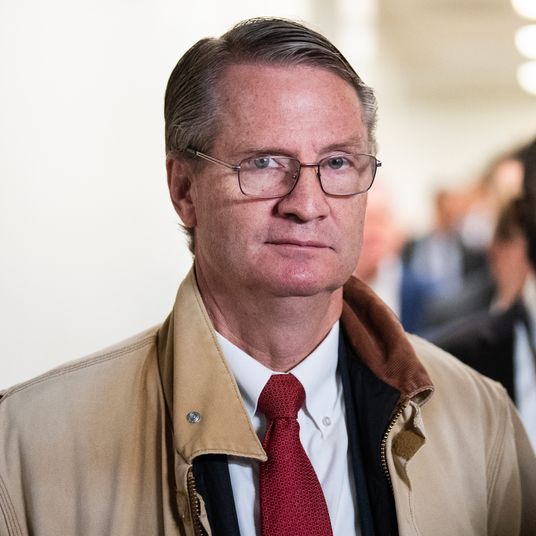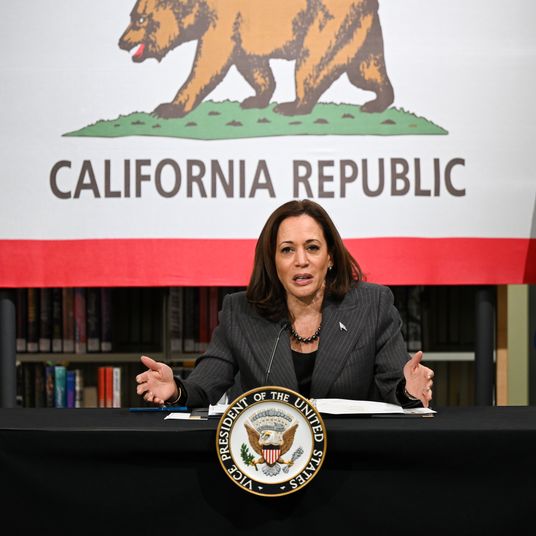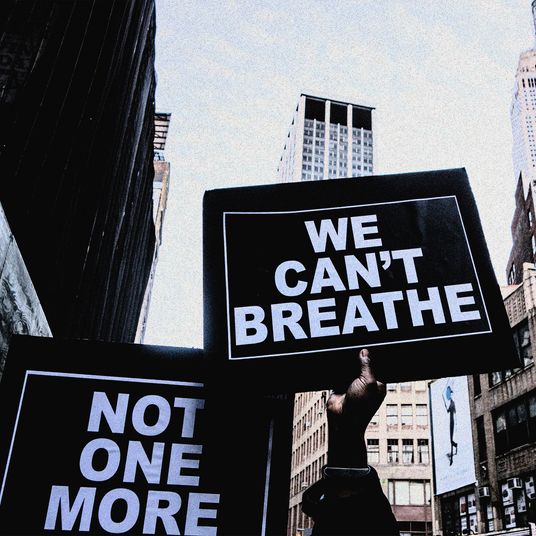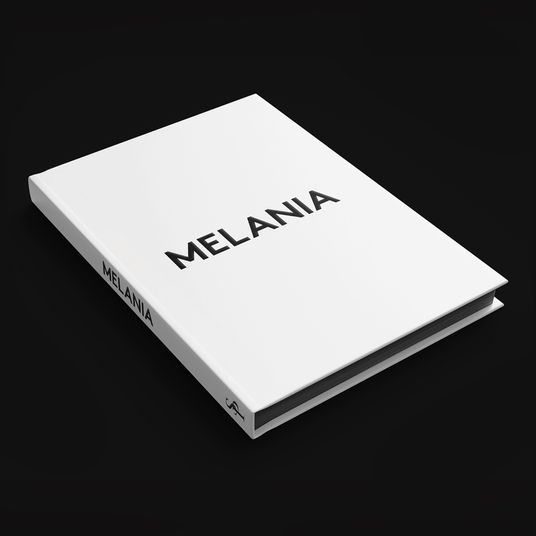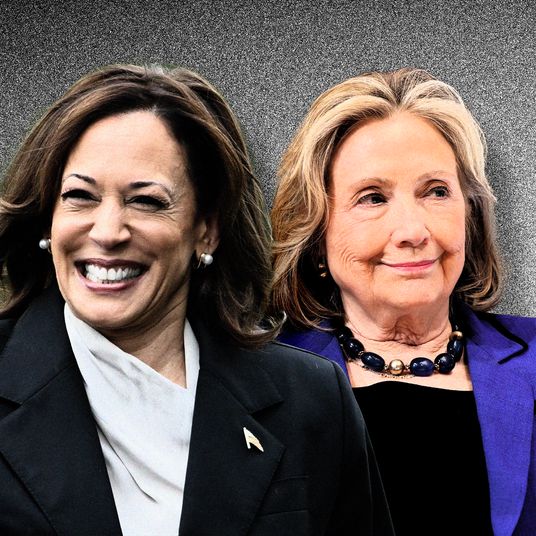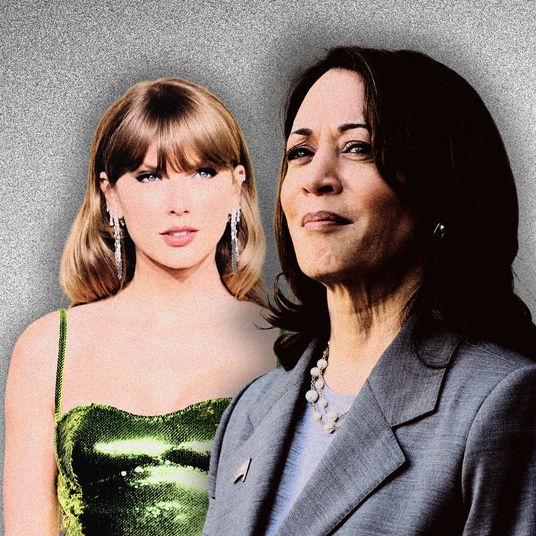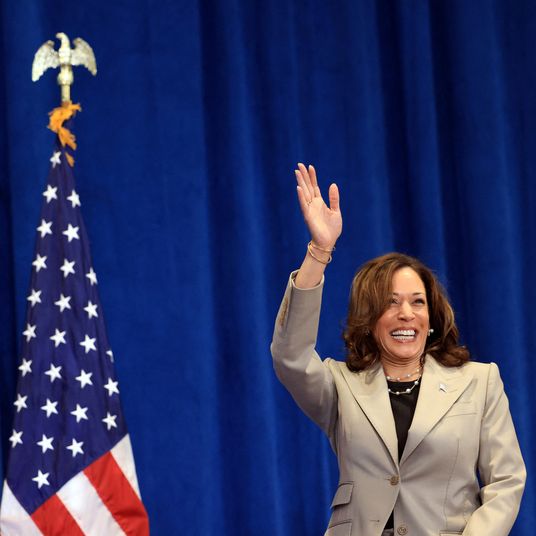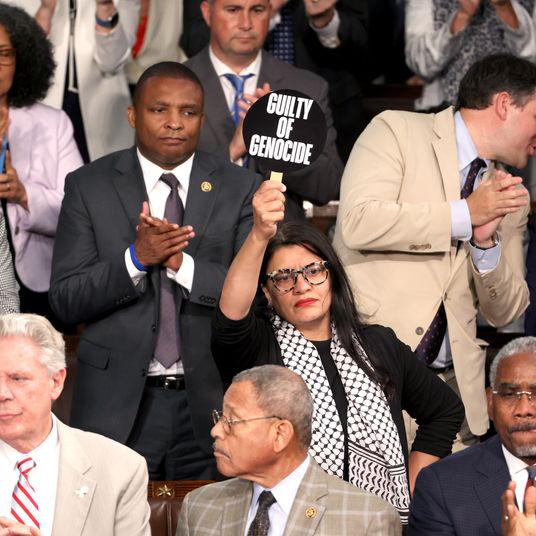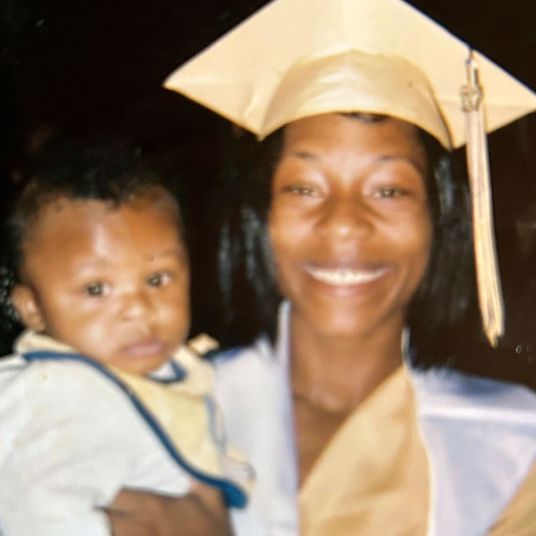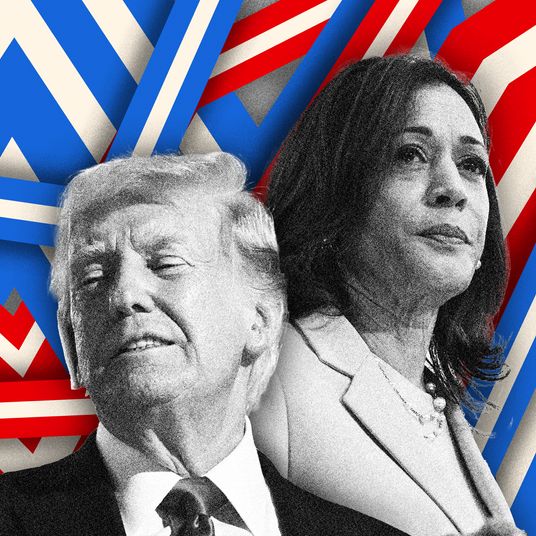
The biggest Supreme Court news of late involves cases it has teed up for the next term; starting in October, the Court will tackle the hot-button issues of abortion, guns, and possibly affirmative action. But the current term could produce some bombshells as well. There are still 23 cases on the docket for this term, which normally ends in late June or early July. While the Court has already handed down a few rulings, justices traditionally back-load important decisions, so the best — or the worst — could be yet to come.
By most reckonings, there are four potentially big decisions that are likely to come down in the remainder of the term. Here are the cases to watch out for in the coming weeks, in descending order of notoriety (if not necessarily legal significance).
Yet another challenge to Obamacare
Following repeated Republican efforts to strike down the Affordable Care Act, the law will be tested once again in California v. Texas. The plaintiffs claim the tax-power justification of Obamacare’s individual mandate (which the Court famously articulated when it upheld the law in 2012) fell apart when Congress repealed the tax penalty in 2017. The closely related question is whether the rest of Obamacare can stand even if the mandate falls.
Despite powerful support from Republican pols at both the federal and state levels for this challenge to Obamacare, its viability has never marshaled a great deal of expert support. And as SCOTUSblog’s Amy Howe explained, the oral arguments last November were reasonably clear:
After roughly two hours of oral argument in the Supreme Court on Tuesday, it appeared likely that the Affordable Care Act will survive yet another effort in the courts to dismantle it. Although there may be five votes to strike down the ACA’s individual mandate — the provision in the law that directs virtually all Americans to buy health insurance — a majority of the court in California v. Texas seemed to agree with the ACA’s defenders that even if the mandate is unconstitutional, the rest of the ACA can survive. That determination would effectively leave in place the status quo, because Congress in 2017 eliminated the penalty for failing to obtain insurance, and the ACA has continued to operate without any enforceable individual mandate.
There’s also a standing issue that could prevent any damage to Obamacare, but if the Court goes as expected, the reputation of the Roberts Court for saving Barack Obama’s signature accomplishment will be burnished.
A timely election-law case
As Republican-controlled states compete to restrict voting opportunities and preempt local-election management in Democratic cities, the Supreme Court is expected to hand down a decision in Brnovich v. Democratic National Committee that could pry open the door to such practices even more. At issue are bans imposed by Arizona on so-called “ballot harvesting” (third-party collection of sealed mail ballots) and on counting votes cast in the wrong precinct. But the stakes could be bigger if the Court’s conservative majority chooses to raise the bar for challenges to voter-suppression practices under Section Two of the Voting Rights Act of 1965 to more or less require a showing of racist intent as well as racist results.
Keep in mind that the same chief justice who has done so much to allow Obamacare to stay in force also wrote the opinion in Shelby County v. Holder that gutted the preclearance provisions of the Voting Rights Act.
Another landmark ‘religious liberty’ case?
Dating back to the 2014 Burwell v. Hobby Lobby decision, the Roberts Court has steadily begun to carve out an ever-widening zone of “religious liberty” that creates statutory and constitutional protections for faith-based defiance of anti-discrimination laws and policies. Fulton v. City of Philadelphia involves a Catholic social-services agency that refused to comply with Philadelphia’s laws against anti-LGBTQ discrimination in adoption placements made subsequent to a city contract.
The New York Times suggests the Fulton decision could continue the judicial march toward a separate, parallel set of rules for those claiming religious grounds for discrimination:
The justices’ questions during oral arguments seemed to point to a ruling in favor of the Catholic agency … That would restrict the impact of the 2015 ruling establishing a right to same-sex marriage, making clear that LGBTQ Americans could not expect the same protections as other groups. It would also raise questions about whether the newly conservative court might one day revisit that 2015 ruling.
If Justice Neil Gorsuch writes the opinion in Fulton, look out. He has quickly become the Court’s chief champion of “religious liberty,” defined as focusing on the right to fully exercise one’s faith as opposed to the right to be free of state-supported religious teachings. That’s despite the great notoriety he gained from writing a 2020 opinion that said LGBTQ workers are protected by federal anti-discrimination laws (a matter of statutory interpretation in which Gorsuch followed the plain-meaning “textualist” doctrines of Justice Antonin Scalia).
A case on how the First Amendment applies to social media
A fourth “big case,” Mahanoy Area School District v. B.L., involves Brandi Levy, a Pennsylvania high-school cheerleader penalized by her school after she posted a profane Snapchat tirade complaining about her failure to make the varsity squad. Existing precedents drawing a bright line between censorship of on-campus and off-campus utterances, and of expressions which are “disruptive” of school communities, don’t seem to apply very clearly. The case has created some conflict between points of view that are usually aligned, as Reuters points out:
Many schools and educators, supported by President Joe Biden’s administration, have argued that ending their authority over students at the schoolhouse gates could make it harder to curb bullying, racism, cheating, and invasions of privacy — all frequently occurring online.
The American Civil Liberties Union, representing Levy, has argued that students need protection from censorship and monitoring of their beliefs.
Levy won decisively in the Third Circuit Court of Appeals, but it’s unclear how the Supreme Court will rule.






